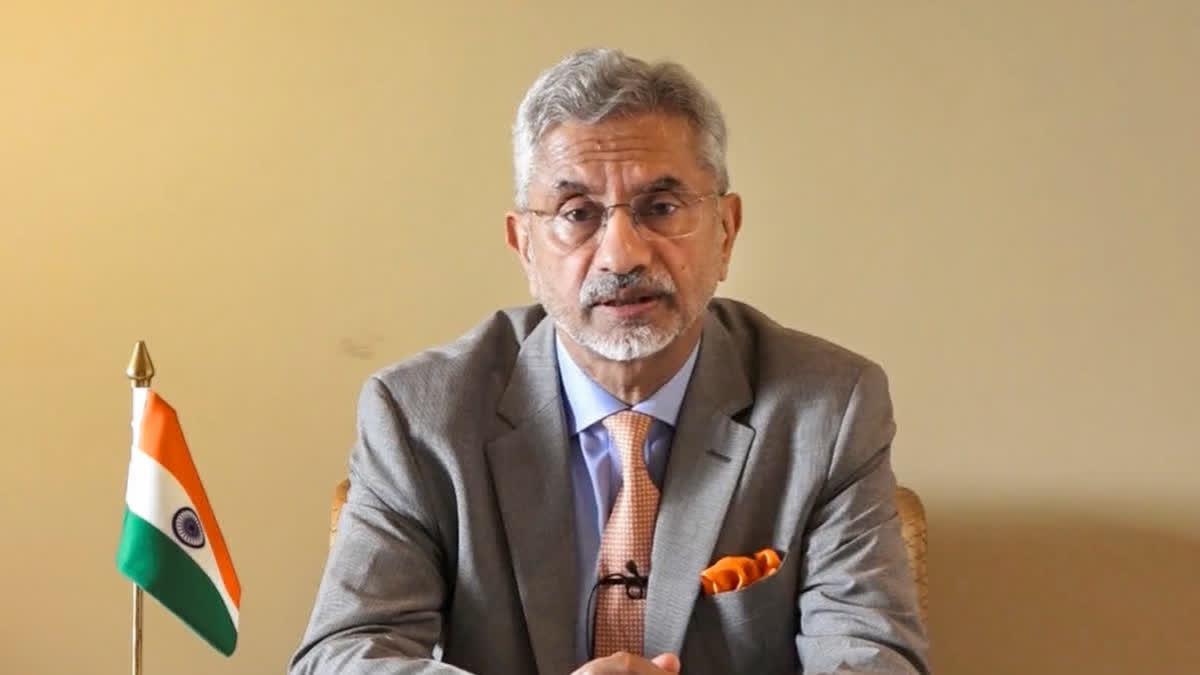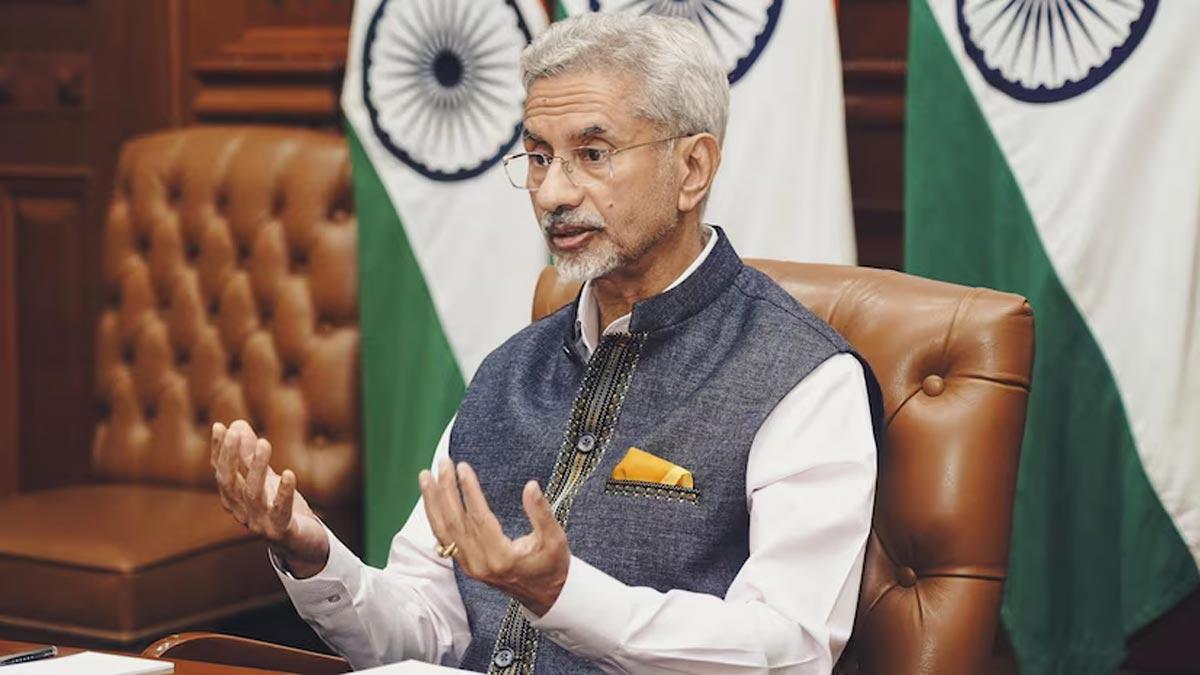India has recently expanded its market access to American agricultural products across 12 different categories, according to a senior trade official from the Biden administration. During a congressional hearing on trade organized by the US Finance Committee, US Trade Representative (USTR) Katherine Tie addressed concerns raised by senators, highlighting the administration's efforts to enhance opportunities for American farmers and communities, particularly in rural areas.
Tie emphasized the administration's success in securing over $21 billion in new agricultural market access through negotiations over the past three years. Notably, she cited the removal of retaliatory tariffs by India on various US products, resulting in improved access for items such as chickpeas, lentils, almonds, walnuts, and apples, benefiting farmers nationwide, including those in Michigan, Oregon, California, and Washington.
Moreover, Tie underscored the increased market access for turkey, duck, blueberries, and cranberries, which would particularly aid farmers in North Carolina, Pennsylvania, Virginia, Massachusetts, and Minnesota. She reiterated the administration's commitment to ensuring that trade policies benefit all Americans and emphasized the importance of incorporating diverse voices in trade policymaking.
Addressing concerns raised by Senator Ron Wyden regarding India's wheat subsidies and their impact on American farmers, Tie affirmed the administration's dedication to enforcing trade rules to safeguard American interests. Wyden also highlighted issues with Mexico's fishing practices and energy regulations, as well as China's unfair trade practices, stressing the need for proactive measures to address such challenges.
Senator Steve Daines emphasized the significance of India's market for American lentil producers, while Ranking Member Mike Crapo criticized China's unfair trade practices and questioned the USTR's actions in response. Tie defended the administration's track record, pointing to agreements like the renewed safeguard agreement with Japan and the increased access to the Indian market for US exporters.
In response to Senator Bill Cassidy's inquiry about allegations of forced labor in India's shrimp industry, Tie acknowledged the complexity of the issue and pledged to continue addressing it. Cassidy also raised concerns about India's rice subsidies and their impact on American rice exporters, highlighting the need for fair competition in global markets.
Overall, Tie's remarks underscored the Biden administration's commitment to promoting fair and reciprocal trade practices, while addressing concerns raised by lawmakers regarding market access, subsidies, and labor practices affecting American farmers and businesses.
Read also | Chernihiv Tragedy: Zelensky Condemns Russian Attack Claiming 10 Lives
Read also | Unprecedented Rainfall Causes Travel Disruptions at Flooded Dubai Airport


















